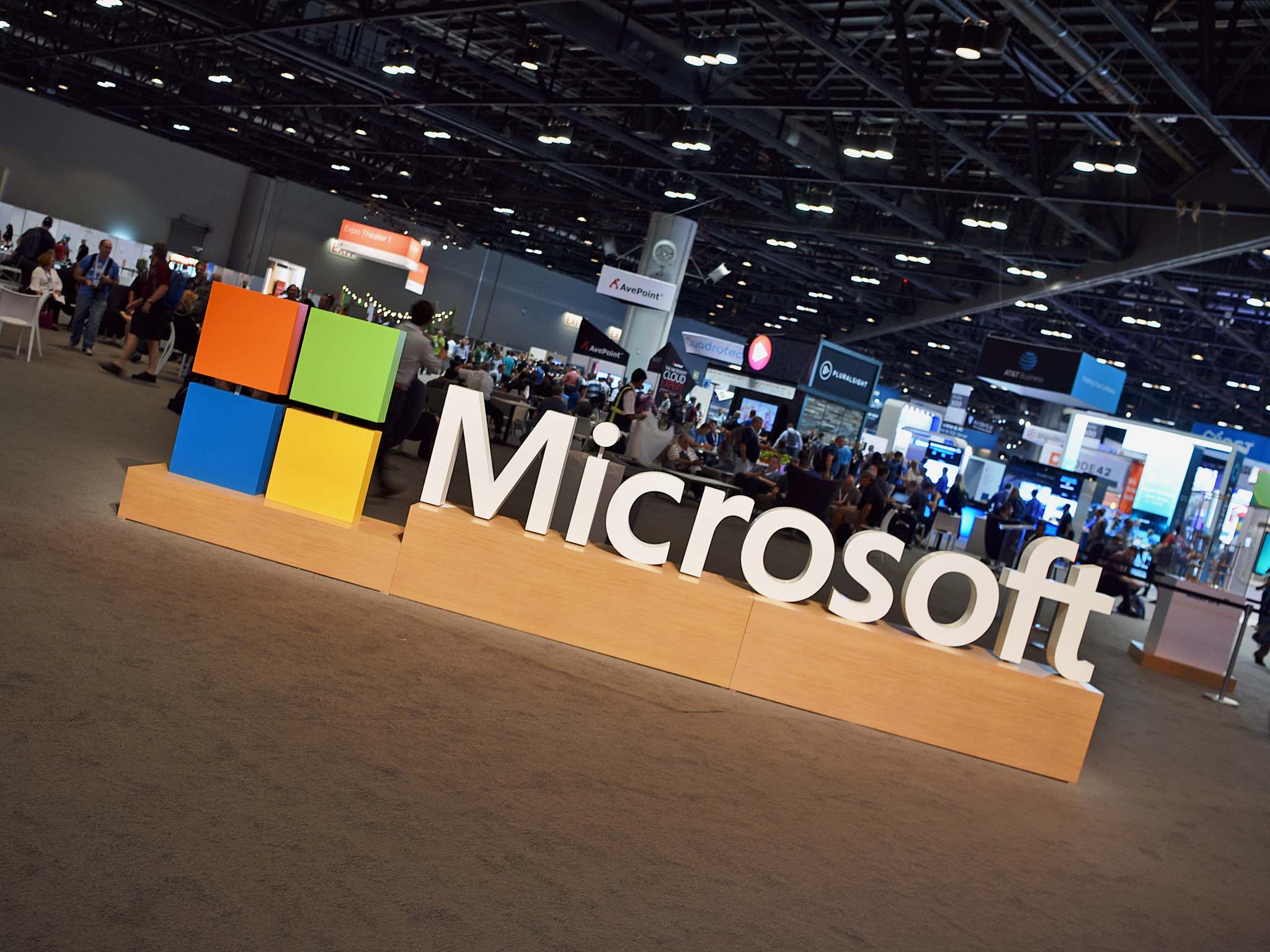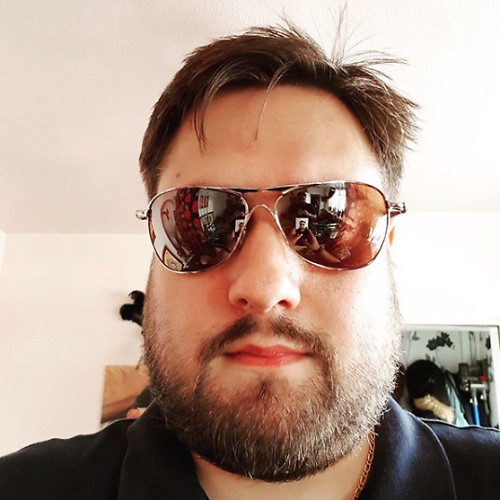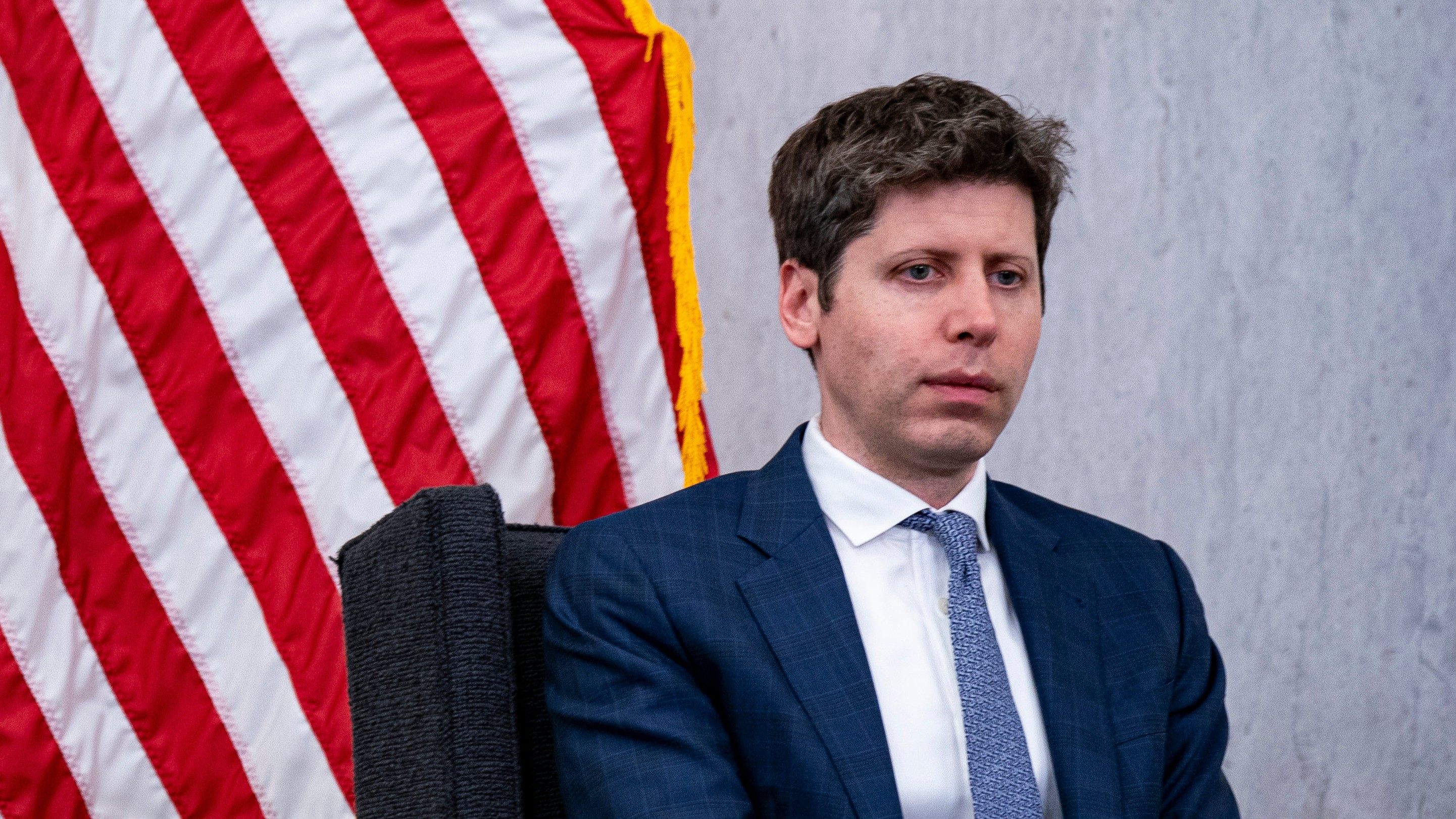Microsoft, Apple, Google, and more say they aren't responsible for child labor in DRC
A case was brought by the parents of children who were killed during cobalt mining.

All the latest news, reviews, and guides for Windows and Xbox diehards.
You are now subscribed
Your newsletter sign-up was successful
What you need to know
- Apple, Google, Microsoft, Dell, and Tesla are all accused of utilizing child labor.
- Child labor is being used in mines in the Democratic Republic of the Congo.
- The companies say they don't own the mines and use a third-party supplier, so a connection can't be confirmed.
Apple, Google, Microsoft Dell, and Tesla are all of the opinion that they are not responsible for the use of child labor in the Democratic Republic of the Congo, according to reports. The companies say that while child labor is being used in mines used to help produce batteries, it isn't their responsibility because they don't own the mines and use a supplier instead.
As Law360 and AppleTerm report, the companies told a federal court that they "strongly condemn" the conditions in the mines but that they aren't responsible for them.
The tech giants told a D.C. federal court in a joint motion to dismiss Tuesday that although they "strongly condemn" the conditions described by more than a dozen Doe plaintiffs, the entities responsible for the labor violations are multiple degrees away from the companies on the global supply chain.Because the tech companies don't own the mines and there is no way to prove the cobalt in their products came from a certain mine, the suit must be dismissed, the tech companies argued. A multi-tier global supply chain makes it so that by the time they purchase the cobalt, it is mixed with materials from several mines, making it impossible to know for sure where it originated, according to the motion.
The case first popped up in December 2019, with The Guardian noting that the companies are accused of "aiding and abetting in the death and serious injury of children."
Apple, Google, Dell, Microsoft and Tesla have been named as defendants in a lawsuit filed in Washington DC by human rights firm International Rights Advocates on behalf of 14 parents and children from the Democratic Republic of the Congo (DRC). The lawsuit, which is the result of field research conducted by anti-slavery economist Siddharth Kara, accuses the companies of aiding and abetting in the death and serious injury of children who they claim were working in cobalt mines in their supply chain.
The parents are concerned about the "brutal exploitation" of the country and believe that there is an "indifference to a population of powerless, starving Congolese people."
It's unlikely that the response of Apple, Google, Microsoft, Dell, and Tesla will do anything to make them feel any less like that's the case.
All the latest news, reviews, and guides for Windows and Xbox diehards.

Oliver is a Former Contributor for Windows Central.
